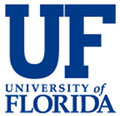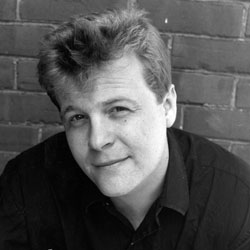Title: The BMO Winterset Award submission deadline
![]() Location: Newfoundland and Labrador, Canada
Location: Newfoundland and Labrador, Canada
Description: The BMO Winterset Award was established to honour the memory of Sandra Fraser Gwyn, award-winning social historian who died in Toronto on May 26, 2000. An ardent advocate and promoter of Newfoundland and Labrador culture, she was granted an honorary degree from Memorial University, made a member of the Newfoundland and Labrador Arts Council’s Hall of Honour, and an Officer of the Order of Canada.
The BMO Winterset Award is designed to encourage and promote excellence in all genres of writing. Published literary works, written either by a native-born Newfoundlander and Labradorian, or by a current resident of the province, are eligible. One prize of $10,000, and two prizes of $2,500 are awarded annually.
Learn more here.
Date: December 31, 2012





